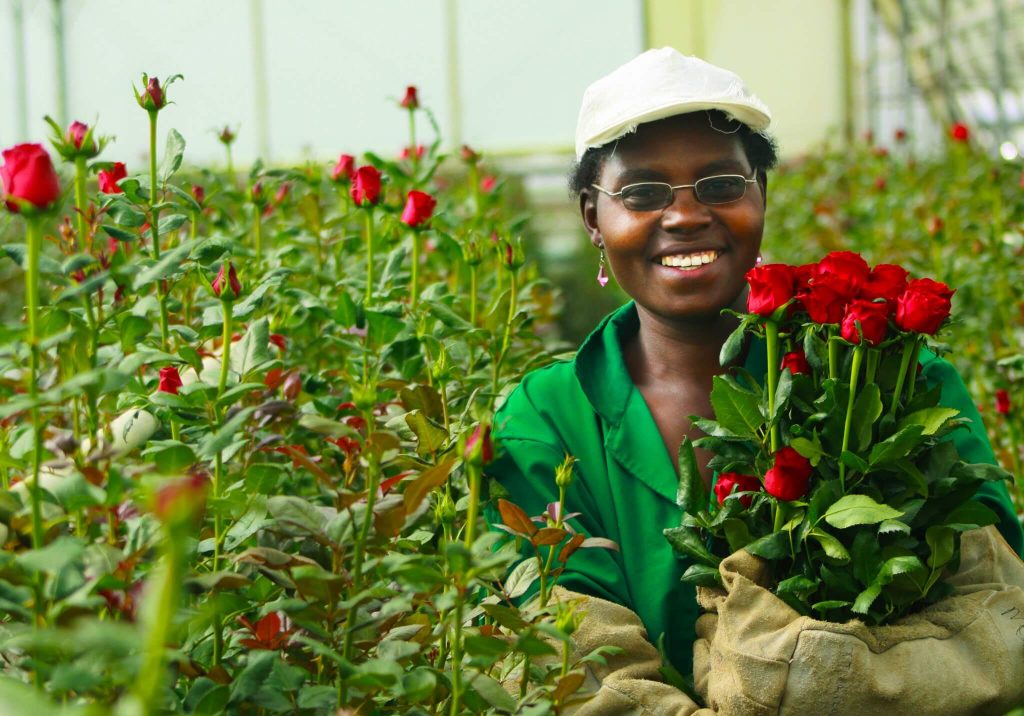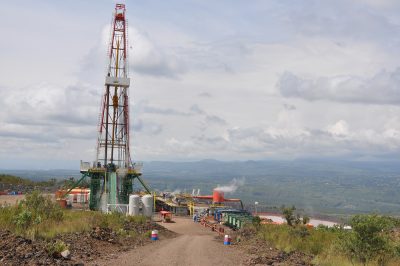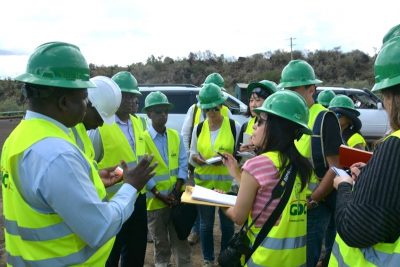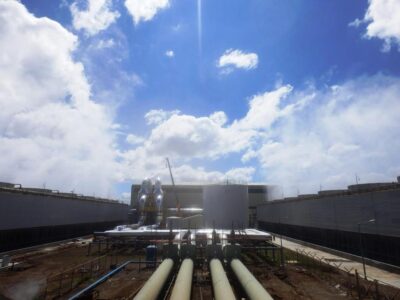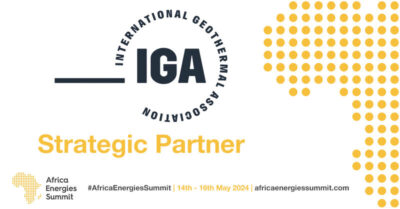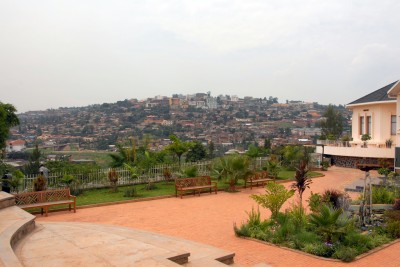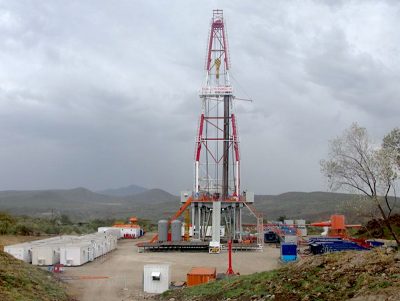Oserian Development named best renewable energy company in Kenya
With its innovative use of geothermal energy, the use of electric cars, sheep for "mowing" grass etc, Kenya's Oserian Development - a large-scale greenhouse operator - has been named Kenya's Renewable Energy Company of the Year.
Flower producer Oserian Development in Kenya has been named the country’s best renewable energy company, as reported by Kenya Broadcasting Corporation (KBC).
This boosts the company’s goal of creating a carbon-free environment by 2020.
Investment in geothermal energy to power operations, use of electric tugs (cars) to transport flowers and use of sheep to mow grass are among initiatives that have seen Naivasha-based flower farm Oserian Development Company crowned winner in the Renewable Energy category of the Kenya Association of Manufacturers (KAM) Energy Management Awards (EMA) 2019.
Kenya’s oldest flower farm was feted among some other 20 firms recognized for exemplary measures in efficient use and generation of energy.
Since the flower farm embraced heating of greenhouses with geothermal energy in 2001, it has remained the only in Africa and among the largest in the world, to use geothermal energy in flower production. Oserian runs the world’s largest geothermally heated greenhouse and flower pack house.
Thanks to geothermal, Oserian is able to grow exclusive specialty roses like Queen of Africa and Vuvuzela which require unique heating not possible under different heating systems, according to Hamish Ker, former long serving technical director with the farm.
Electric cars
A year ago Oserian introduced electric cars, known as tugs that are geothermal powered to transport flowers from the greenhouses to the packhouse, an innovation that has seen reduction in fossil fuel from Ksh 400,000 to 30,000 monthly, a massive savings in terms of costs and energy consumption. Within one year of introducing the electric vehicles, the company has been able to save Ksh. 1.4 million on diesel.
The success of this venture has seen the company mull converting their fleet to a hundred per cent electric in the future as the company moves closer to being a carbon free business in 2020.
In partnership with biological control companies Madumbi and Andermatt of Switzerland – Oserian produces 10 million beneficial insects every week to eat predatory bugs reducing use of chemicals and labour, contributing to a safer chemical-free greener environment.
Oserian has also introduced hybrid sheep that are used to keep the grass short around the greenhouses, replacing the diesel mowers.
The hundreds of sheep move paddle to paddle clearing grass, dropping waste that turns into manure, removing cover that habour insects breeding grounds essentially contributing to less predators therefore less chemicals to control them.
“This win is testament to the commitment we have for matters green energy especially in our daily operations and we are happy someone has recognized the effort and investment”, ” said Mary Kinyua the Director of Human Resources and Administration at Oserian
In addition, the company has embraced a more environmentally-friendly transportation process. It has adopted cargolite, the newest flower packaging technology, in which corrugated boards are strengthened with plastic skeleton. This means a lighter box, which saves on airspace and airfreight costs , resulting in reduced impact on the environment. By using the new packaging system, Oserian can potentially save up to $8,000 for every one million stems transported to Europe.
This month, the farm is set to launch a solar plant to inject an additional 1 MW enabling it to supply sufficient power for all its operations and sell to the national grid.
The Energy Management Awards launched in 2004 by the GEF-KAM Energy Efficiency Project seeks to recognize enterprises that have achieved outstanding energy savings and cost reductions through improved utilization of energy.
Source: KBC
